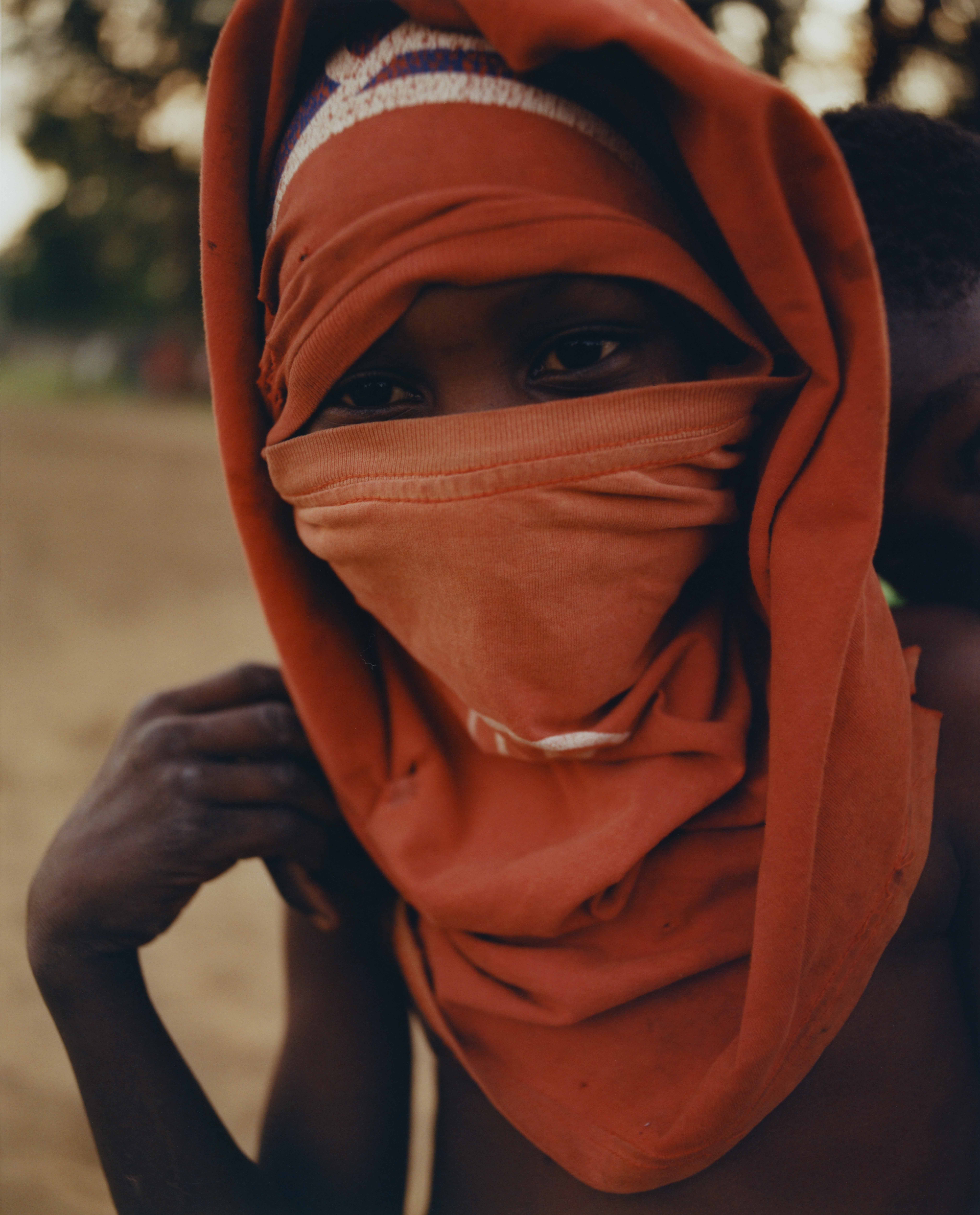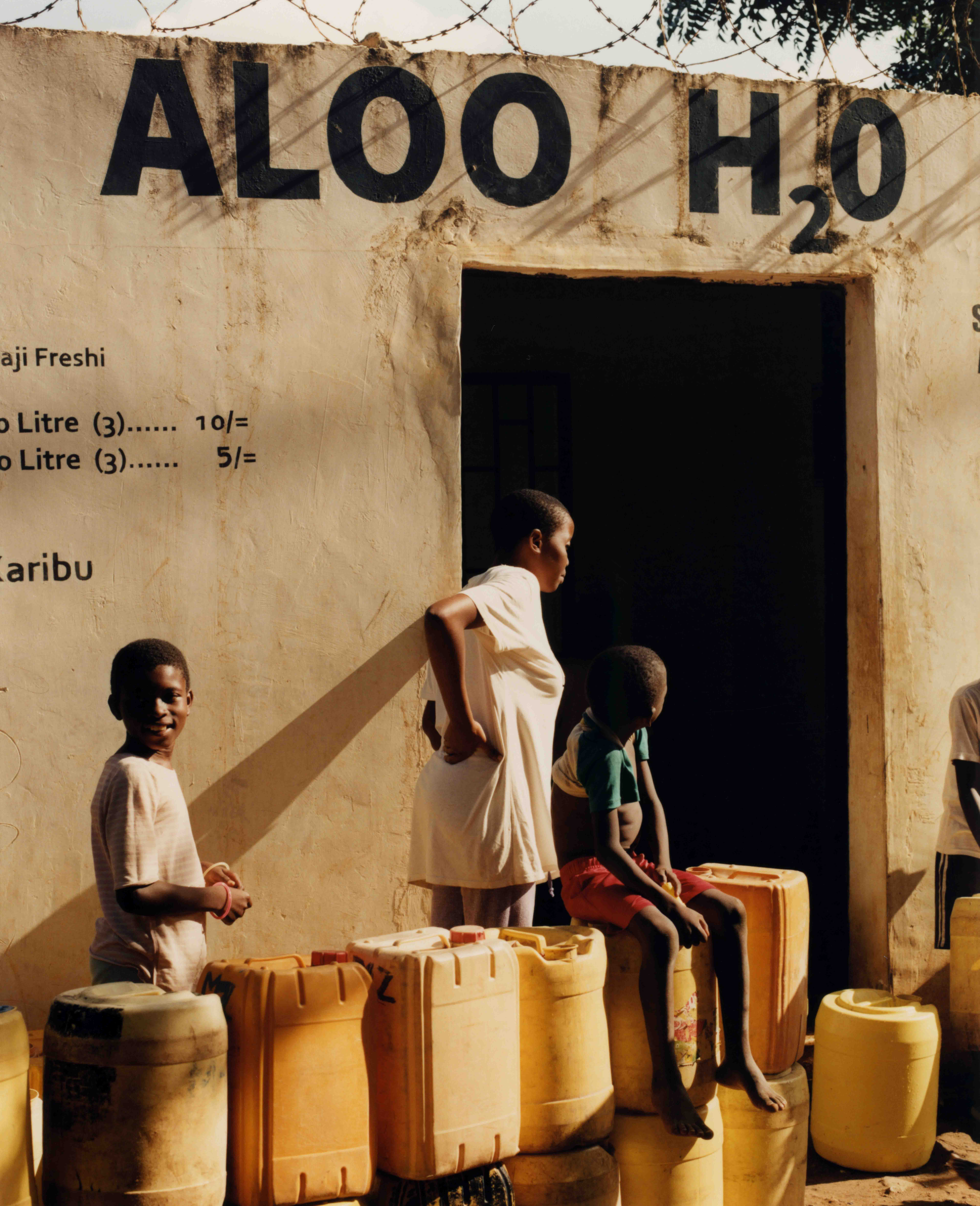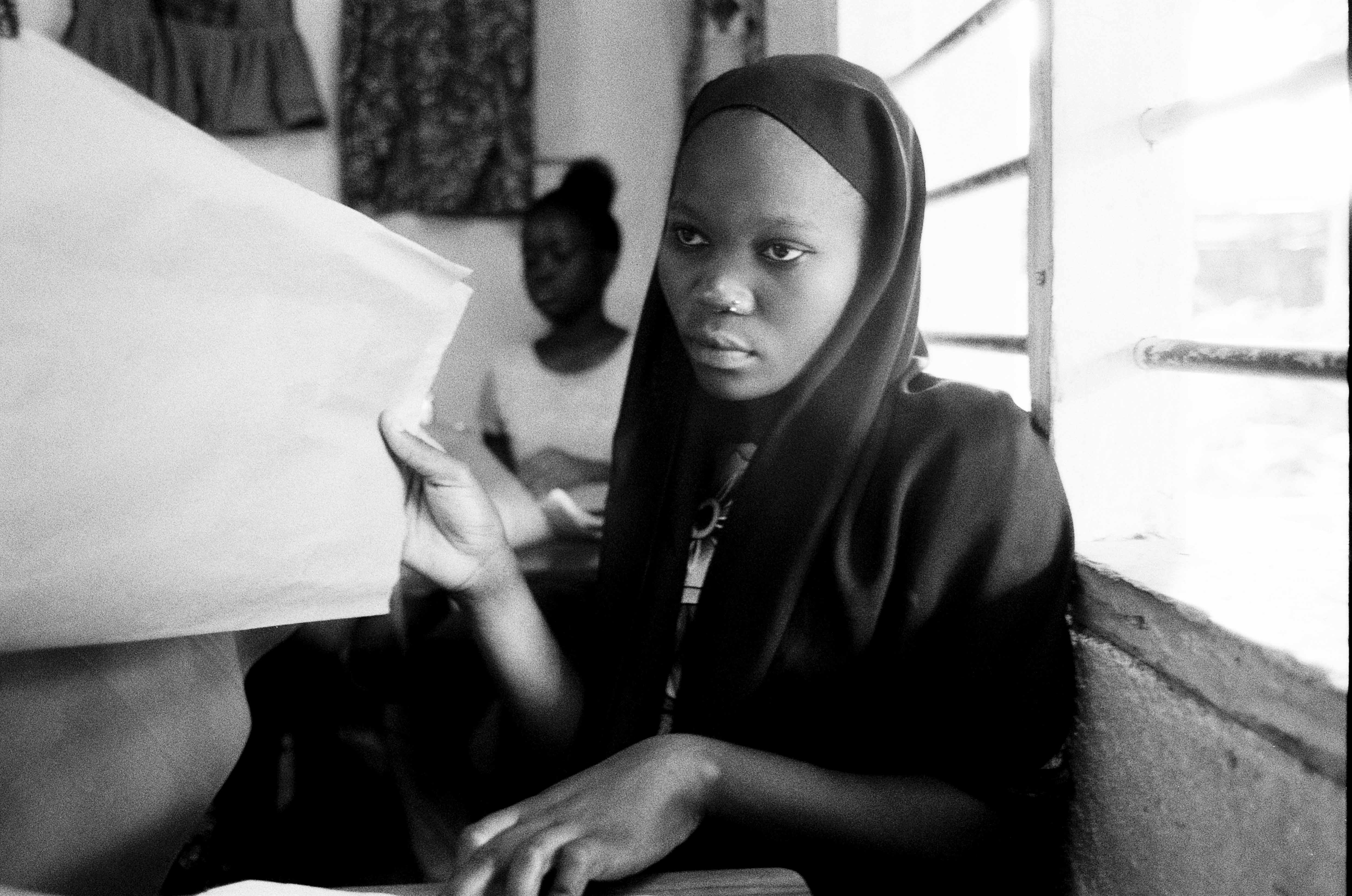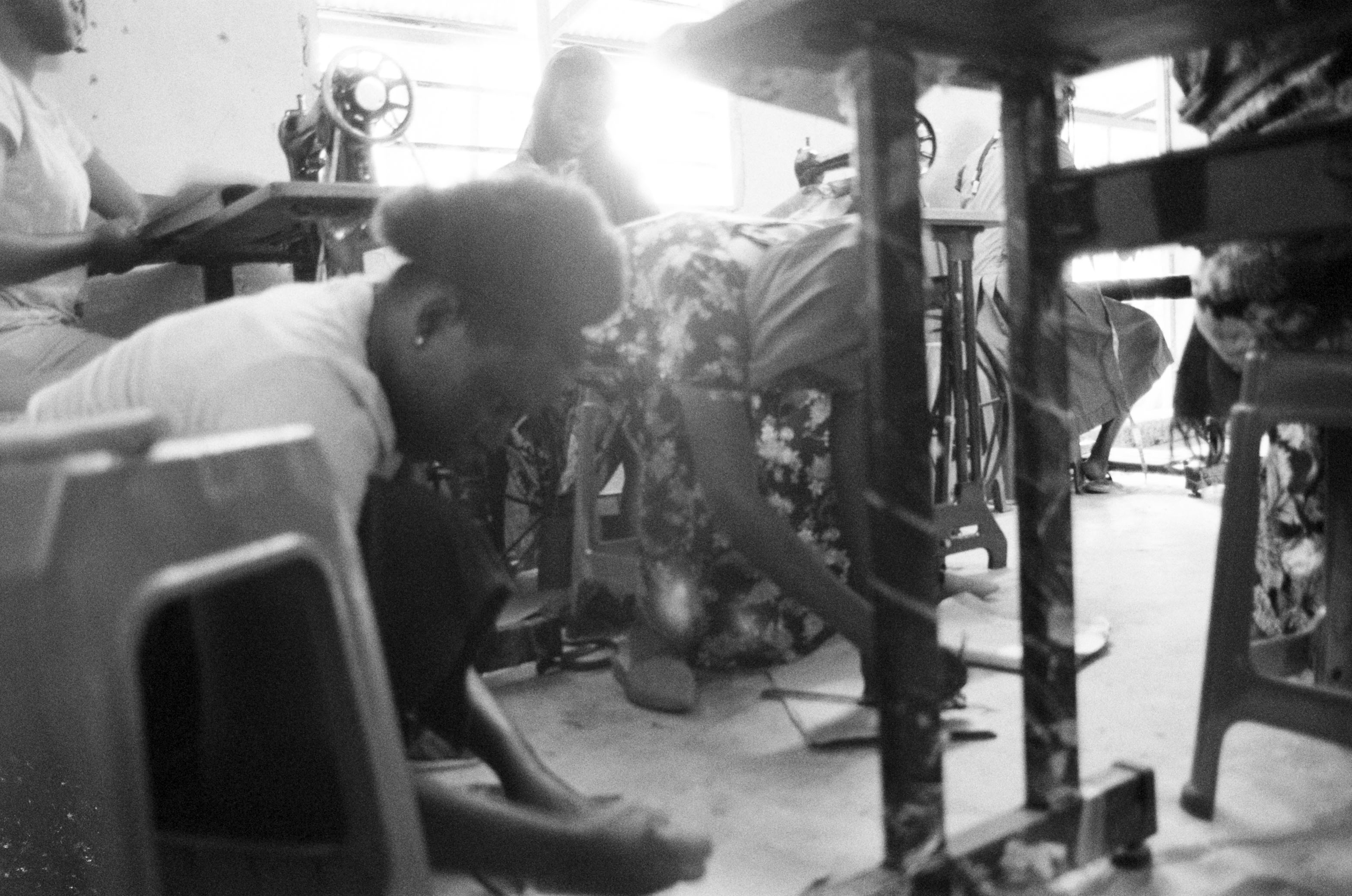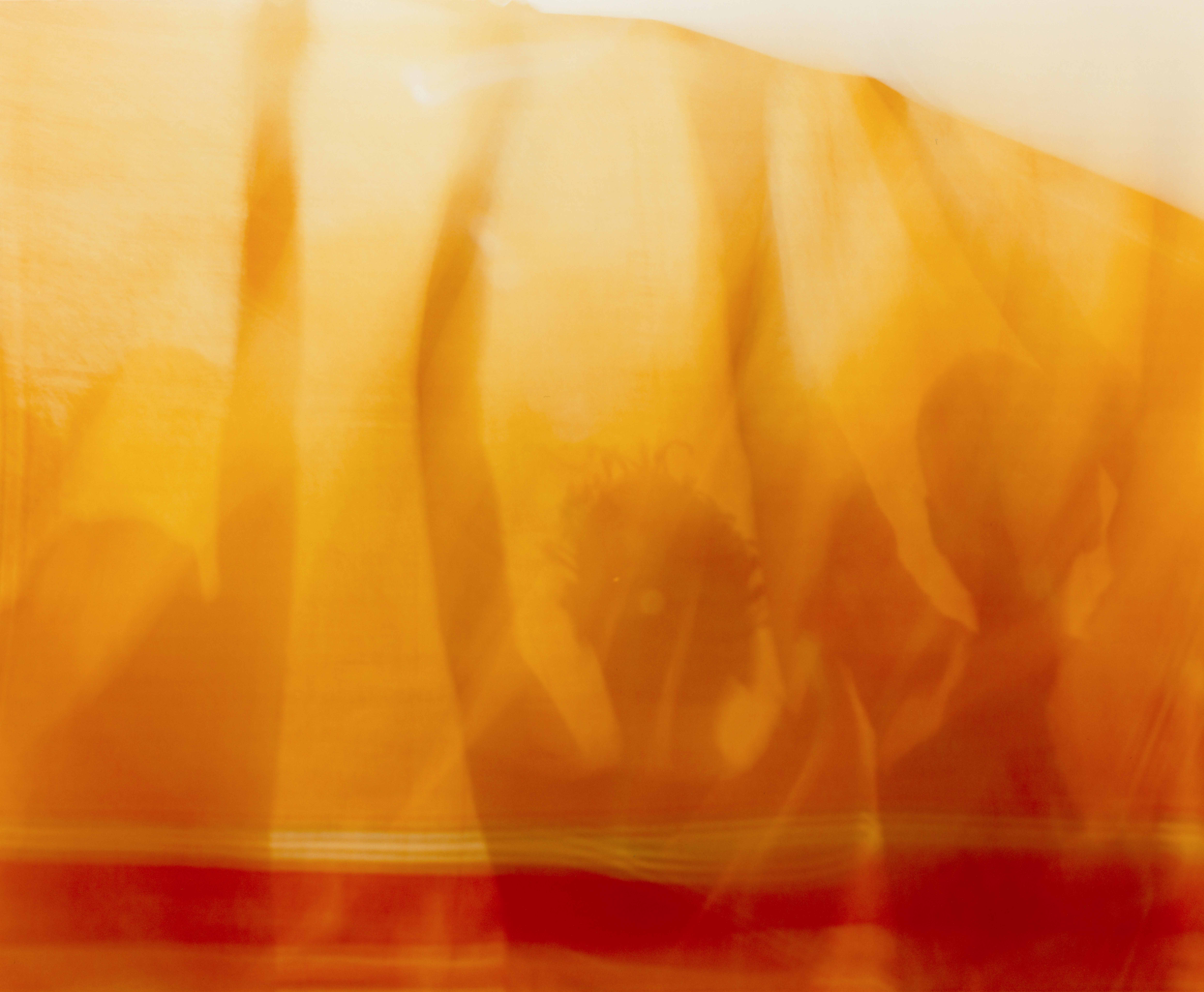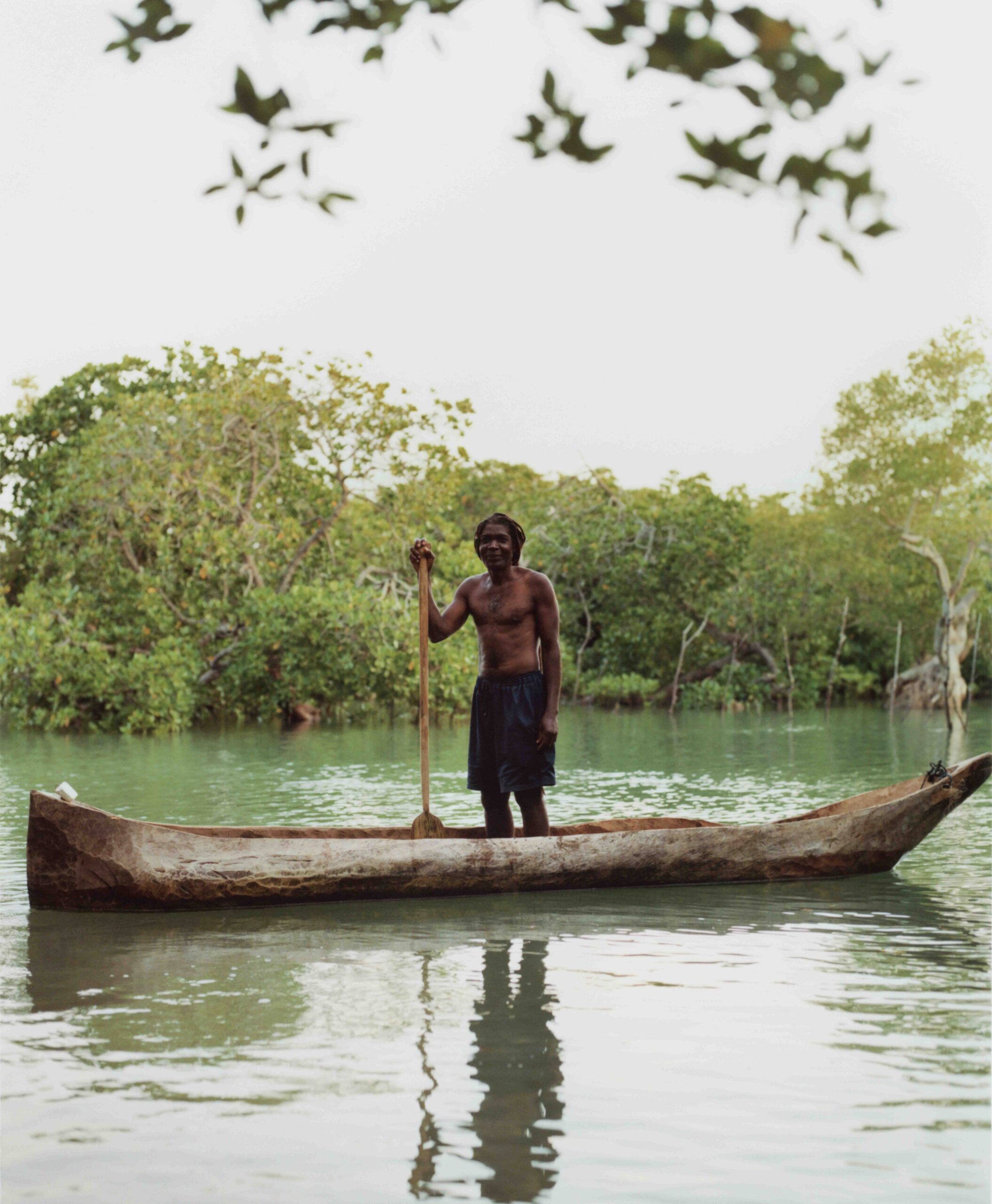Situated just 16 kilometres north of Mombasa, Mombasa County, Kenya, Mtwapa is a town of many identities. Known for its picturesque landscape, eclectic sounds, and somewhat dubious nightlife, it is commonly referred to as the ‘town that never sleeps.’ In recent years, it has seen a sharp incline in tourism and European settlers, becoming one of Kenya’s fastest growing beach resort areas—for better or for worse. Nestled within this cyclone of change Aloo Foundation stands apart, resisting the tide of commercial development. Instead, it remains anchored in a different kind of growth; one that is centred on the nourishment of the local community in the Mtomondoni area. Nurtured by Assad Keval, the nonprofit engages in a variety of projects such as conservation, infrastructure building, training and more. “I work in entertainment in LA,” explains Keval, “I see so much waste and abundance and overconsumption, I wanted to find a way to use my network and community to give back.”
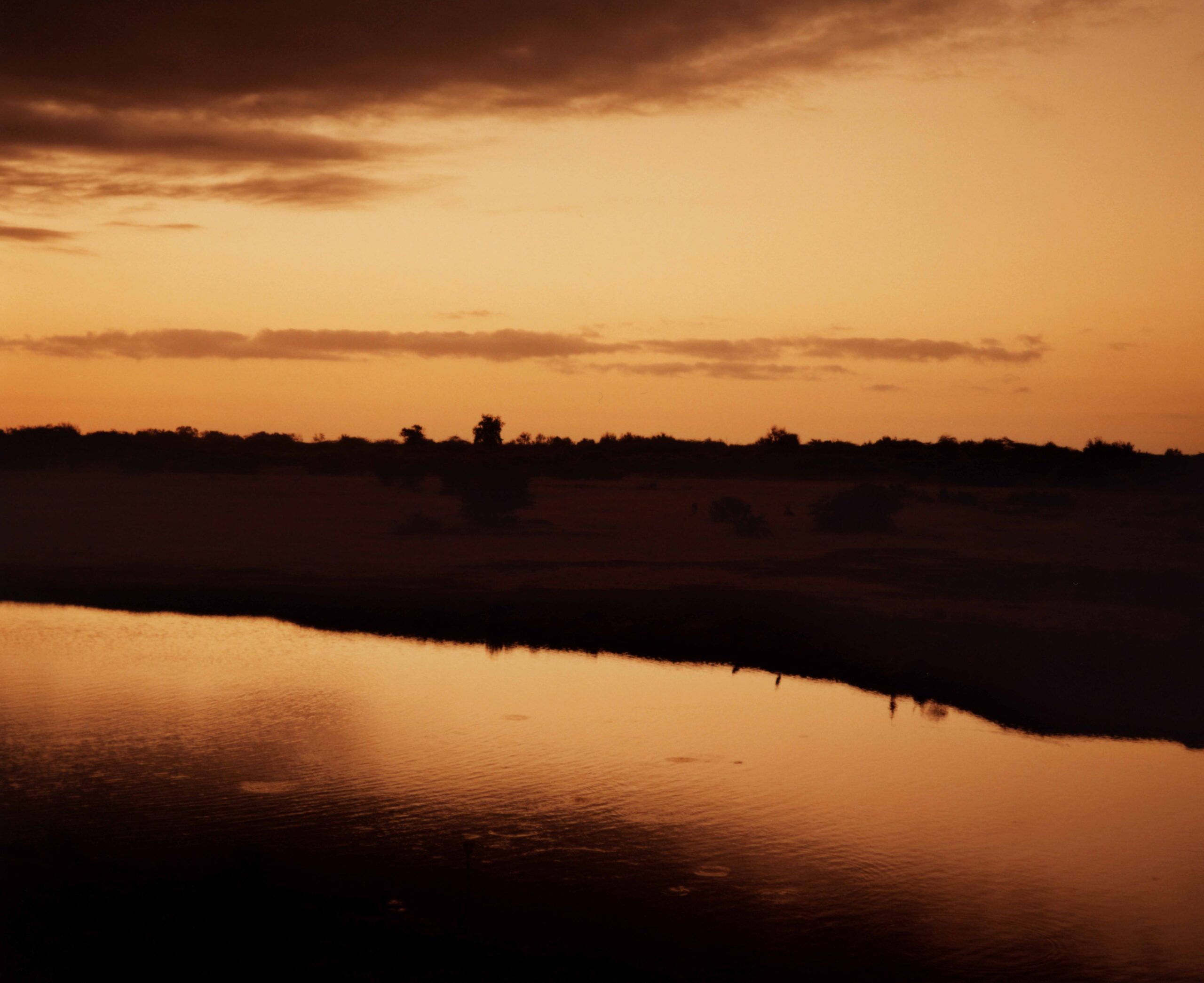
The journey of Aloo Foundation is not one that begins with Keval, but rather it is a continuation of the work of his grandparents Alarakhia Aloo and Fatima Aloo Kever, who situated themselves in Mtomondoni in the 1950s. Alarakhia Aloo inherited around 200 acres of land after the passing of his father when he was around six years old. Due to various legal restrictions, he was unable to access the land until he turned 18. Eventually, Aloo would return with his wife to a ‘wild, fertile land’ inhabited by wild deer, warthogs, snakes and buffalo. Over time, they cultivated the land with care and dedication, transforming it into, what is now known as, ‘Aloo Farms.’
Alarakhia Aloo and Fatima Aloo Kever’s deep connection to the land was matched only by their commitment to the local community. Not only did they ground themselves there physically, but they also worked to ensure that the surrounding area thrived alongside them. They were the first to bring electricity, paved roads, and reliable water sources to the area. In addition, they donated parts of their land to build schools, orphanages, and places of worship, laying the foundation for a sustainable and thriving community. Motivated by a deep sense of duty to honour their legacy and the local community, in his mid-20s Keval began formalising his grandparents’ vision into a nonprofit organisation.
Today, Aloo Foundation is focussed on four core pillars: education, advocacy, clean water, and conservation. Surrounded by a now densely populated community, Aloo Foundation is committed to empowering locals through various initiatives. One notable initiative is the tailoring programme, where a select group of women learn the craft from a local tailor, who also happens to have been the personal tailor of Keval’s grandparents, bridging generations and honouring a legacy of craftsmanship. It goes beyond preservation, equipping these women with the ability to achieve financial stability and to root themselves in an ever-changing Mtwapa, where land ownership is especially critical. In December 2024, 1401 families in Maweni Mtwapa Settlement Scheme in Kilifi were evicted from their land due to land disputes[1], with an influx in investment combined with tourism actively displacing communities.
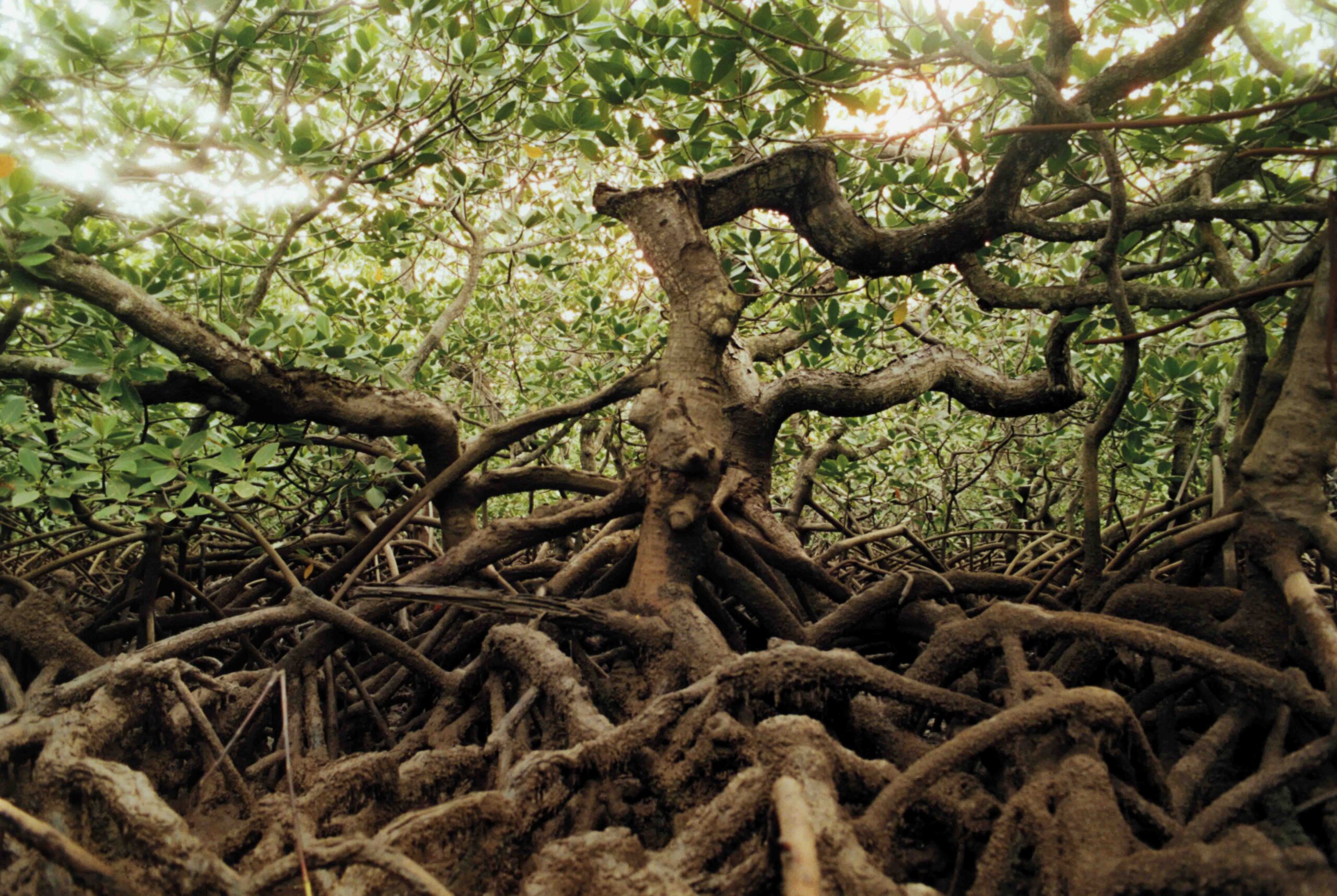
The importance of community and collaboration becomes ever more important due to the shifts in climate. In November 2023, Mtwapa saw an increase in rainfall, which led to floods displacing hundreds of people. One of the most effective ways to navigate rainfall is through the planting of mangroves. Due to their dense roots, mangroves are able to bind and build soils, which in turn slows down water flow, aiding in the prevention of floods, the filtration of water, the minimisation of coastal erosion, and the provision of habitats for various species. Aloo Foundation has planted around 50,000 of these sprawling plants, nurturing not just the environment, but also the community as this thriving ecosystem provides food and work for the local fishermen. The foundation also makes a lasting impact through ALOO H2O, a community water project designed to provide safe and reliable drinking water to the rural villagers of Mombasa and Aloo Farms.
Aloo Foundation is deeply rooted in a unique generational knowledge, a legacy that was not only shaped by Keval’s grandparents but also by the Elders within the community. Elders in Kenyan communities, including those in Mtwapa, are esteemed as custodians of cultural heritage and ecological wisdom. Their deep understanding of traditions, community values, and the environment positions them as pivotal figures in guiding societal norms and practices. This knowledge is woven into the very fabric of the foundation, passed down through decades of living and working alongside the land and its people. What makes this knowledge so powerful is its timeless relevance. This connection guides the foundation’s approach, not just in how it educates and trains the next generation, but in how it remains ever responsive to the shifting demands of its people[2].
Through its commitment to education, environmental conservation, and community empowerment, Aloo Foundation offers an alternative model of living. In essence, Aloo Foundation stands as a bridge between the past and the future, honouring the wisdom of those who came before while ensuring that the needs of today are met with care, adaptability and love. In a rapidly changing Mtwapa, where development often comes at the cost of displacement, Aloo Foundation offers a different vision; one that prioritises sustainability, community and resilience. Whether through skills training, clean water initiatives, or conservation efforts, the foundation’s work is a reminder that meaningful change is not about imposing new structures but about strengthening the bonds that already exist.
